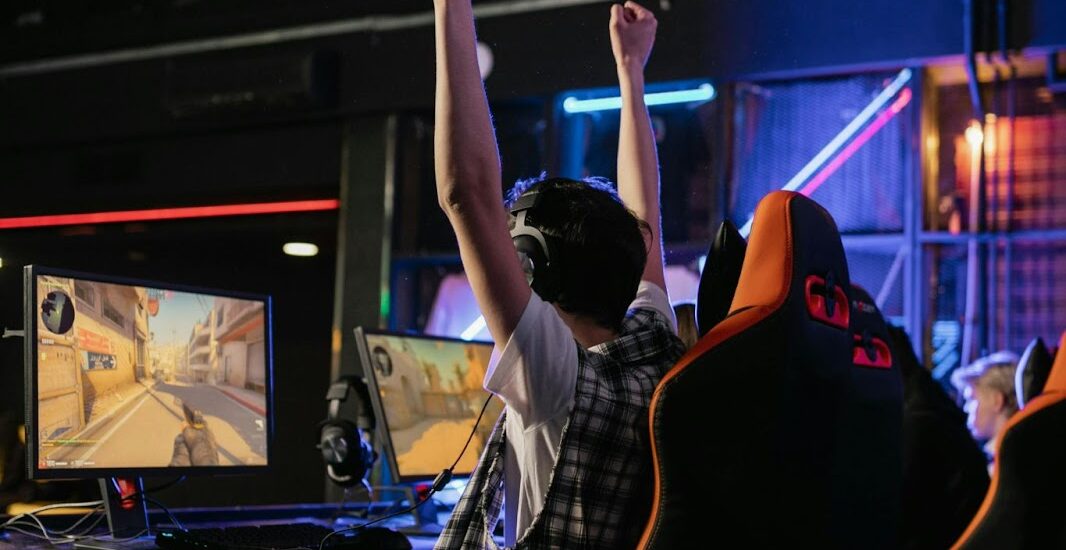


Video Games

Video games are big business these days and to see how much interest that eSports now warrants, look no further than Counter-Strike. Counter-Strike betting odds at GGBet LT can be heavily influenced by roster changes and player transfers, meaning anyone betting online should carefully watch news of new signings and benchings in major teams. Huge sums can pass hands between gaming teams as they fight to build the best squads (Falcons, for example, reportedly paid G2 over $1 million to sign Nikola “NiKo” Kovač this year), with the obvious intention of improving tournament results. But what exactly happens when a key player moves in terms of team performance and gambling odds?
While it’s true that incoming new video games players can bring fresh skills and energy, these moves can influence the odds for those betting online even if a team’s ranking remains largely unchanged. This “hype” factor can be costly for bettors if they get swept away in the often false idea that a team may be setting itself up to win based on nothing other than a transfer. The same is true of roster changes in gaming. Just because a player is benched in favor of another teammate, this doesn’t necessarily mean the team will win, even if the odds shorten as a result.
A good example of why punters betting online should always be careful when backing teams based on hires or rehires is FaZe’s signing of karrigan and Twistzz in 2021. Gaming sensation Finn “Karrigan” Andersen returned to FaZe as in-game leader (IGL), joining the just-signed Russel “Twistzz” Van Dulken from Team Liquid to form a fresh line-up designed to pull FaZe out of a terrible six-game run in which the team had only won once.
The hype surrounding the new signings caused the odds on FaZe to shorten ahead of a match-up at the Intel Extreme Masters Katowice 2021 tournament against Team Liquid, whose odds were affected negatively due to Twistzz’s departure (despite his replacement, Gabriel “FalleN” Toledo, being a well-experienced IGL and notoriously efficient with the Arctic Warfare Police sniper rifle). Even though CS hub HLTV ranked Team Liquid globally at 7th, ten places ahead of FaZe at 17th, FaZe’s odds shortened ahead of the confrontation based on the fact it had signed new players. FaZe entered the match as the favorite, with odds of 1.88 compared to Team Liquid’s 2.13.
In hindsight, the outcome was inevitable. Team Liquid easily beat FaZe, winning the first map 16–11 and the second 16–6 for a 2–0 win. Ultimately, FaZe finished 9th in the tournament. Team Liquid finished third and took home a purse of $80,000 compared to FaZe’s earnings of $16,000.

In this example, all the gaming fans who’d ignored FaZe’s ranking and backed the team based on nothing other than positive transfer news lost their money. The movement in odds would have also proved lethal for bettors who maybe don’t follow CS that closely and arrived to wager on the match seeing FaZe as the favorite.
While this is a good example of how you should always look at facts instead of getting swept up in the hype surrounding news of transfer changes on major teams, careful bettors who assess stats over time will find that roster changes definitely can positively affect a team’s chances of winning, but that increased performance is far from certain based on nothing more than transfers and roster changes.
Writing for Pinnacle, Adam Boothe assessed three performance indicators within video games (average kill-death ratio (KD) of all five team players, map win percentage, and HLTV ranking) of the top 20 HLTV teams from January to November 2021. All but one of these teams made roster changes in this timeframe. Each new roster was assessed over a six-month period separated into three sections: 90 days preceding the prior iteration’s last map together; the first 90 days after the new player’s first map within the team; and the first 180 days after that first map.
The results showed that only 12 player moves in video games resulted in an improved ranking at any time in the following six months and that there were just five instances where a team improved on all three indicators after 180 days. Every team that improved their rank over six months kept the new line-up intact when moving into the following year, but only 40% of teams that didn’t improve their ranking, despite boosting both map win rate and KD ratio, stayed together.
In other words, changing rosters is as much a gamble as betting on teams in the competition, even though a good signing or an intelligent change in a main line-up can push rankings higher.